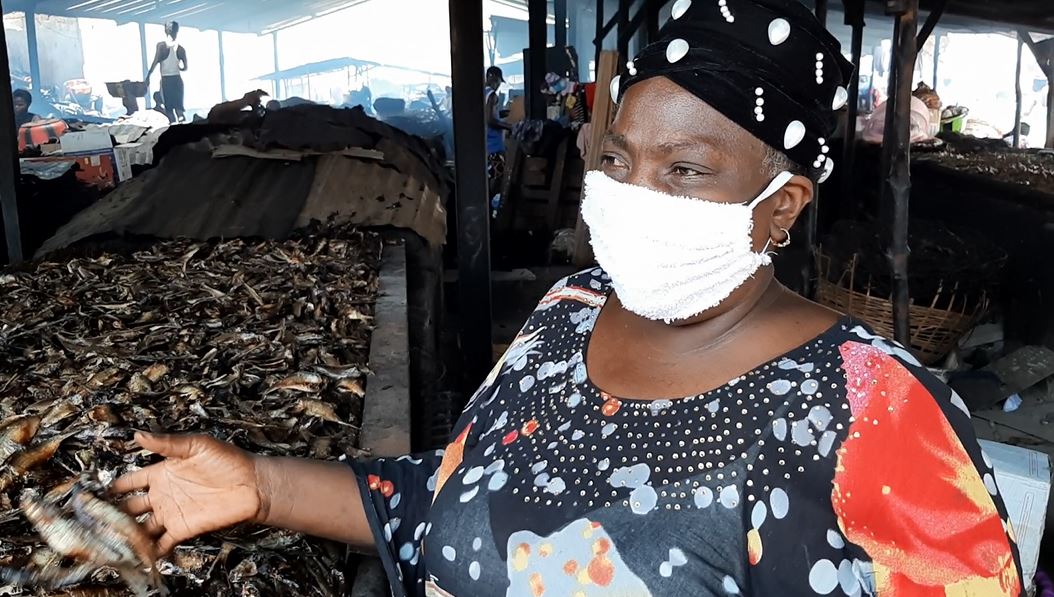CAOPA has sent to COFI 34 a statement on support for artisanal fisheries. According to FAO, the majority of the 12 million Africans who depend on fishing for their livelihoods, including 3.5 million women, are involved in the artisanal fisheries sector. The value of this sector is obvious and shown by FAO’s work on the contribution of artisanal fisheries to sustainable development, and the trade organization believes that its future in Africa is «uncertain “.
 Indeed, COVID-19 pandemic and measures adopted to combat it only add further hardship and suffering for men and women working in African artisanal fisheries. “From fishers to processors and wholesalers, those entire active in artisanal fisheries value chain are affected by this crisis, which will have long-term repercussions on our sector,” says CAOPA, which recommends that good decisions be taken to support the sustainable development of artisanal fisheries in Africa. ».
Indeed, COVID-19 pandemic and measures adopted to combat it only add further hardship and suffering for men and women working in African artisanal fisheries. “From fishers to processors and wholesalers, those entire active in artisanal fisheries value chain are affected by this crisis, which will have long-term repercussions on our sector,” says CAOPA, which recommends that good decisions be taken to support the sustainable development of artisanal fisheries in Africa. ».
The organization is concerned that many countries will seek to recover from Covid-19 by promoting a blue economy. It warns: “There is a great risk that some governments will want to revive the economy by still giving priority to polluting industries on the grounds that they generate significant economic gains in short term. The development of these sectors often dislocates artisanal fishing communities and reduces or removes their access to and control over natural resources”.
Reaffirming the importance of fisheries for food security and the fight against poverty in countries, CAOPA states that the priority for the promotion of Blue Economy must be to contribute to the implementation of Voluntary Guidelines for Sustainable Artisanal Fisheries, through transparent, participatory and gender-sensitive national and regional action plans.


